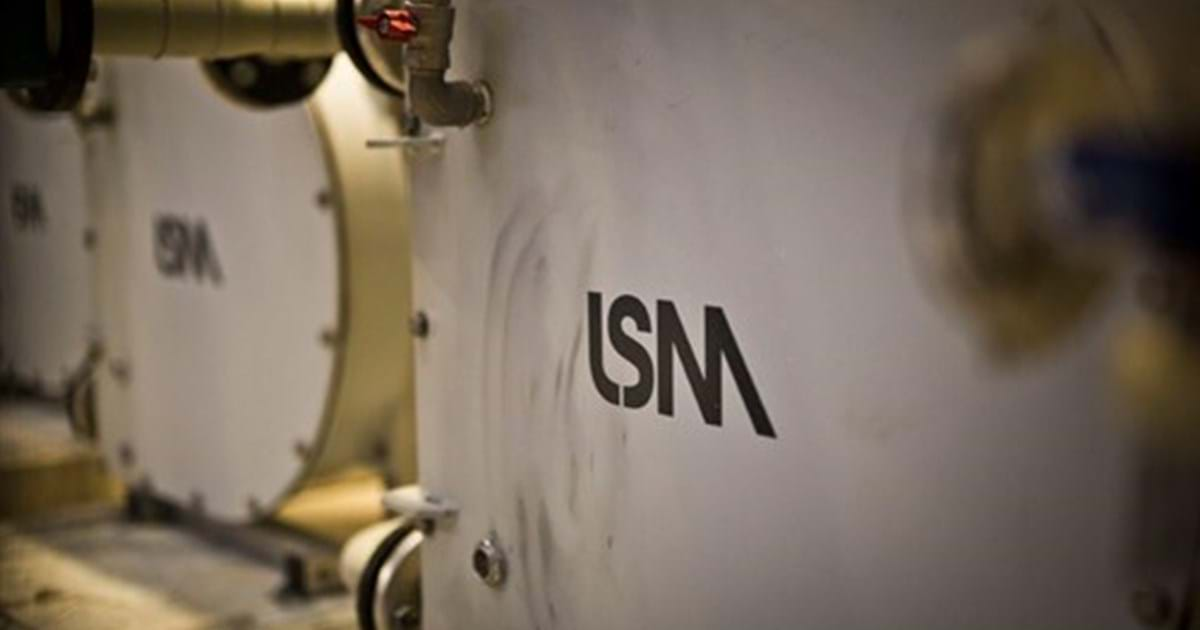In Büttelborn a LSM hose pump is used to pump food waste
From an environmental point of view, it is hard to believe how much food is thrown away. In Büttelborn, about 35 km south of Frankfurt am Main in Germany, yearly 25.000 ton is collected and brought to Biolog in Büttelborn for processing. Biolog receives its “raw material” from the surrounding area meaning a 150 km radius around the company.
Dry bread, leftovers from large kitchens, foul fruit and vegetables, milk products which have not been cooled properly or have passed their use by date, production errors, etc., it all ends up here.
In the factory, all materials are tipped into a large funnel with internals similar to a large meat grinder. Already now the decaying process is well underway, the stench is overwhelming! Thoroughly mixed the materials, now best described as a “grey porridge”, are processed by a large mill. After milling, plastic is separated, magnets catches metal parts and the porridge flows to one of the most important components in the plant, a LSM100 hose pump from LSM pumps. This is the only type of pump that effectively pumps the porridge into one of the four storage tanks.
The two shift managers, Mr. Schütt and Mr. Klingbiel explained us the benefits of the LSM hose pump:
”We used to work with Progressive Cavity Pumps (PCP) but we had to change those every 3 – 4 weeks. We do a lot to separate plastics, glass and metal parts, but still very small parts as well as bone fragments ends up in the pump. The PCP cannot handle that”
”We still have a PCP to pump the material from the storage tank into the trucks. While new, the pump is good, but after 3 – 4 weeks, we see that the time to fill the truck doubles. Then it is time for a new pump. The hose pump from LSM works 6 – 7 months before we need to change a hose. The hose pump costs twice the price of a PCP. However, because it runs much longer, and when repairs are due, only the hose has to be changed, a hose pump amortizes the higher price very quickly. This is the main reason why we have asked the company management permission to change the last PCP into a hose pump. When we get permission, we will save not only money but also a lot of time for repairs. We are looking forward to that!!”
Once in the storage tanks the material is heat-treated. The entire content of the tank must be above 70° Celsius for minimum one hour. No germs can survive this and the material is safe to send to further treatment, typically a biogas plant or a composting facility.

